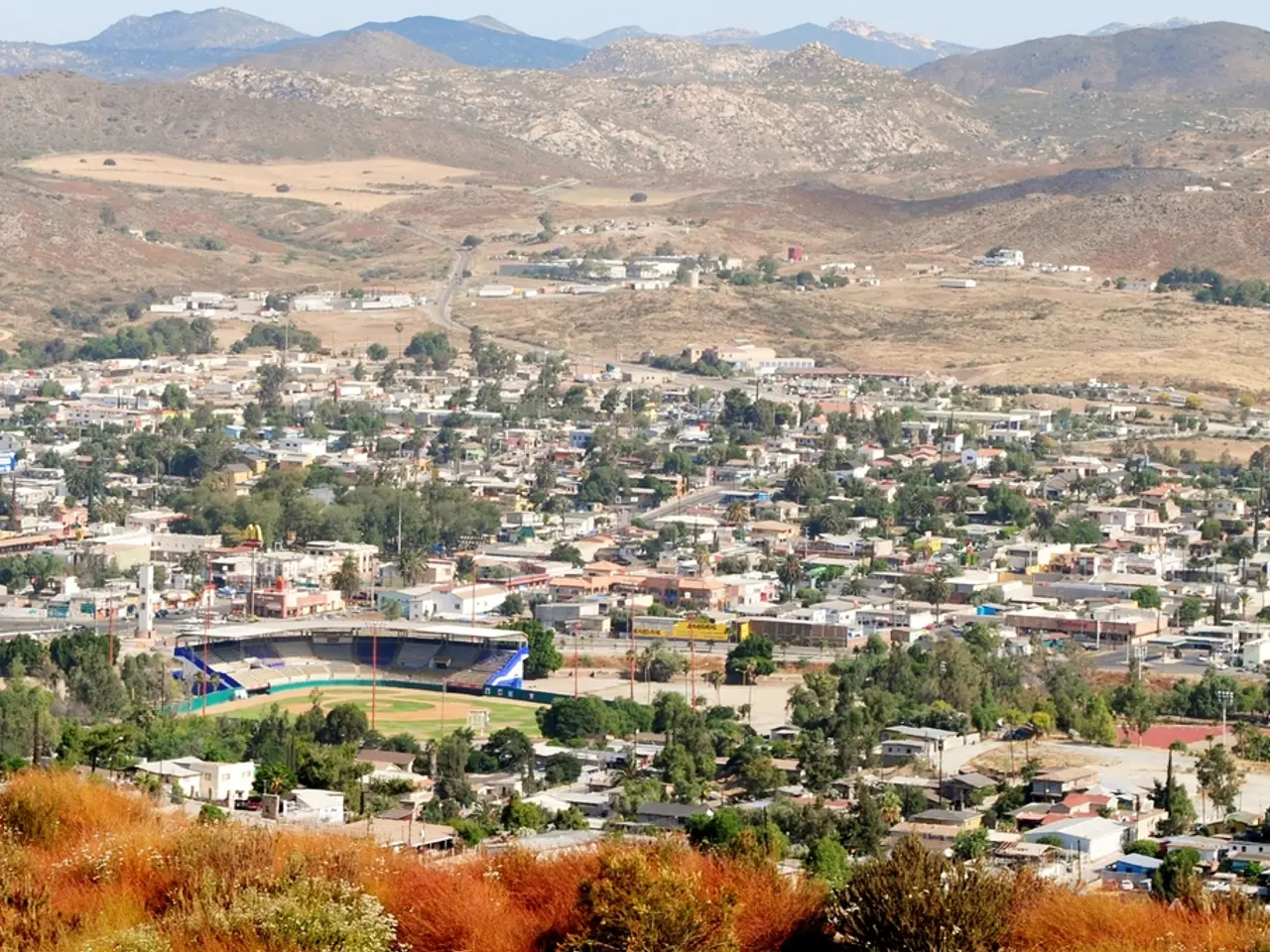Potential effects of the latest census
In the heart of the United States, the state of Texas finds itself at the centre of a contentious political debate over redistricting and the potential alteration of the census.
As of now, Texas has not yet made a move regarding redistricting, but the issue looms large on the political horizon. The state's population, particularly in cities and among people of color, is experiencing a significant increase, yet the way the state operates its government and draws its congressional maps remains largely unchanged, with Texas still being 60% people of color and only 40% white.
The focus remains critical on Texas and its decisions regarding redistricting. The future of the country's maps is closely tied to what happens in Texas, as the state's redistricting process could reshape the American electorate, potentially giving more power to people who voted for Trump and look like him.
John Bisognano, president of the National Democratic Redistricting Committee, has weighed in on the issue. In an interview conducted by Steve Inskeep of NPR, Bisognano expressed a measured response without explicitly endorsing the overturning of redistricting reforms in other states. He did, however, favour a temporary change to California's constitutional amendment on redistricting.
The proposed changes could lead to dramatic drops in federal funding for states like Texas and Florida, and they are also met with constitutional concerns. President Trump's proposed changes to the census, which could exclude people without legal status, are considered unconstitutional by Bisognano. He believes in the need for a national representative democracy, and the proposed changes, if implemented, would likely result in a wave of lawsuits.
Meanwhile, Republican-controlled states like Texas are aggressively redrawing electoral maps mid-decade, aiming to flip several districts from moderately Republican to strongly Republican. This move, if successful, could net the GOP five additional House seats, helping them to retain or expand their House majority, even if overall election conditions are less favourable for Republicans.
Democrats, in response, are preparing to enact their own partisan redistricting in Democratic-majority states such as California and New York, escalating a nationwide battle of partisan map drawing. This effort, combined with the push for an altered census, is characterized by critics as an attempt to circumvent constitutional and legal norms to consolidate partisan power.
In summary, altering the census to exclude certain populations and the subsequent partisan-driven redistricting increase the chances for Republicans to gain or maintain congressional seats by manipulating population counts and district boundaries to their advantage, thereby impacting the partisan balance in Congress ahead of key elections like the 2026 midterms. The debate over redistricting and the census in Texas is a critical issue that will shape the political landscape of the United States in the coming years.
- The debates over redistricting and the census in Texas are significant, as they could shape the American electorate and potentially influence the balance of power in Congress, with potential consequences extending to key elections like the 2026 midterms.
- republican-controlled states like Texas are controversially redrawing electoral maps mid-decade, aiming to beneficial alter several districts, a move that, if successful, could net the GOP additional House seats, helping them retain or expand their House majority.
- The national discussion on redistricting policy and legislation is tightly linked to events in Texas, with the fate of the country's overall maps and the integrity of a national representative democracy at stake, especially in the context of ongoing war-and-conflicts and migration, general news, and politics.





